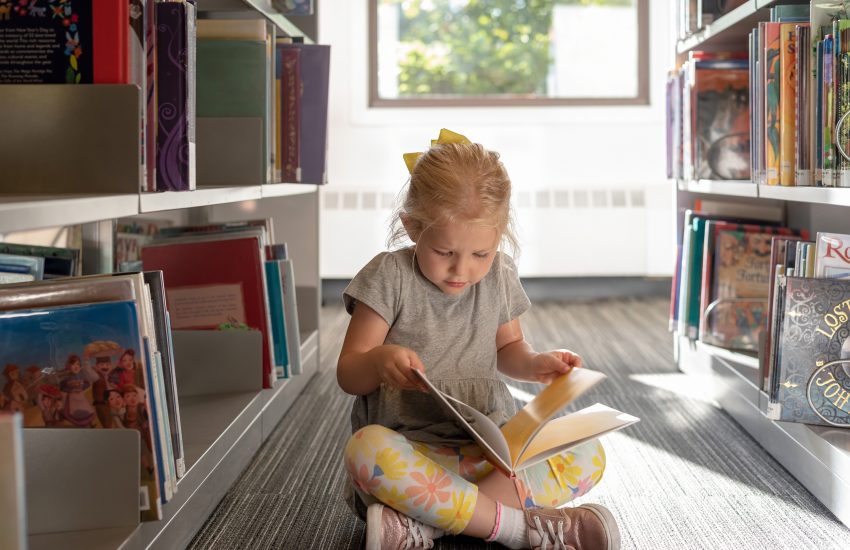Helping Children Learn Positive Friendship Skills
Children need friends to play with, to be silly with, to have fun with, for company outside the home and in school, to go to clubs with, to talk to, to share problems with, to help one another, to keep one another safe and to play games that are meant for more than one person. Having friends also increases children’s self-esteem as it shows that other people value them and their company, and allows children to practise their social skills so that they become better and better at being a friend as they grow up.
Friends are essential to a happy life; good friends are extremely precious and should be treasured. Many children take friends for granted – they have always had them and can’t imagine life without them. However, other children aren’t so lucky. They might make friends but keep falling out with them or they might never manage to make a friend and enviously regard those children who have got friends and wonder why they can’t have friends too. Some children barge in on other friendship groups, eager to join in, but wonder why they are impatiently sent away. These things can be remedied. An understanding of what friends are for helps to clarify what kinds of behaviour will be valued by a hoped-for friend.
Discuss the Following Questions With the Class:
– What are friends? (Other children you like, care about and enjoy being with. Usually they are of a similar age – although adult friendships can be much more diverse – and they have things in common with you so that you can enjoy doing similar things together. Friends are people you can share your thoughts and feelings with and discuss problems in your life with – and people you can celebrate with when things go well. Friends don’t mind sharing things such as toys, DVDs and CDs.)
– What things do you do with your friends?
– Why do you need friends?
– What characteristics do you think friends should have? (Being fun, kind, helpful, sympathetic, relaxing to be with, honest, trustworthy, protective, loyal, tactful, sensitive.)
– Think about how good a friend you think you are. What things could you do to be a better friend? (Be more understanding and supportive, talk less and listen more, show you care, avoid unkind teasing.)
– Think about whether you value your friends. How could you show that you value them? (If they are ill, call them to find out how they are and perhaps visit them. Make them get well cards. Remember their birthdays. Notice if they don’t look happy and ask what’s wrong – don’t be easily fobbed off-and show you genuinely care. Share your feelings in the hope that your friends will share theirs. Show pleasure in their company and say how much you appreciate the things they do for you. Be affectionate.)


















